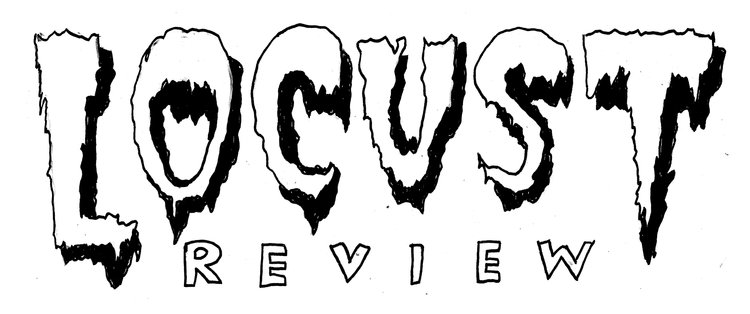Early in US history, graveyards were chaotic tumbles in the middle of cities. In the late 19th century, however, there was a suburbanization of death. Large new cemeteries were built in the farmlands and woods outside town. The ramshackle graves in the cities were sometimes a health hazard but also a site of ideological discomfort for the bourgeoisie. In Chicago, the silty earth near Lake Michigan would sometimes belch up a buried corpse. Wealthy cosmopolitans increasingly envisioned grassy fields with trees housing family mausoleums like estate mansions. Such stately accommodations were out of the reach for workers. For the poor there was a potter’s field.
Read MoreEvent: Irrealism as Socialist Cultural Strategy (Thursday Nov. 12)
Join us on Thursday, November 12 (18:30 GMT, 1:30pm EST, 12:30pm CST, 10:30am PST) for a Locust Review panel discussion at this year’s (virtual) Historical Materialism conference. Our panel, focusing on “Irrealism as Socialist Cultural Strategy” will feature Locust editorial collective members Alexander Billet on “The Case for Critical Irrealism,” Holly Lewis on “How Collective Dreams Can End the Sleep of Reason,” Adam Turl on “Their Weird and Ours: Socialist Irrealism vs. Fascist Occultism,” and Anupam Roy on “Representational Impossibility: A Propagandist’s Urgencies and Crisis.” More information follows below.
Read MoreWe Demand An End to Capitalist Realism
TEN YEARS ago, as the Great Recession ripped through people’s lives, the left-wing cultural critic Mark Fisher penned his book Capitalist Realism. The book diagnosed a cultural logic of late-late-capitalism in which the Thatcherite idea of “There Is No Alternative” had been diffused through every politico-economic institution, every cultural manifestation, how we regard work and education, consumption and self-expression.
Read More